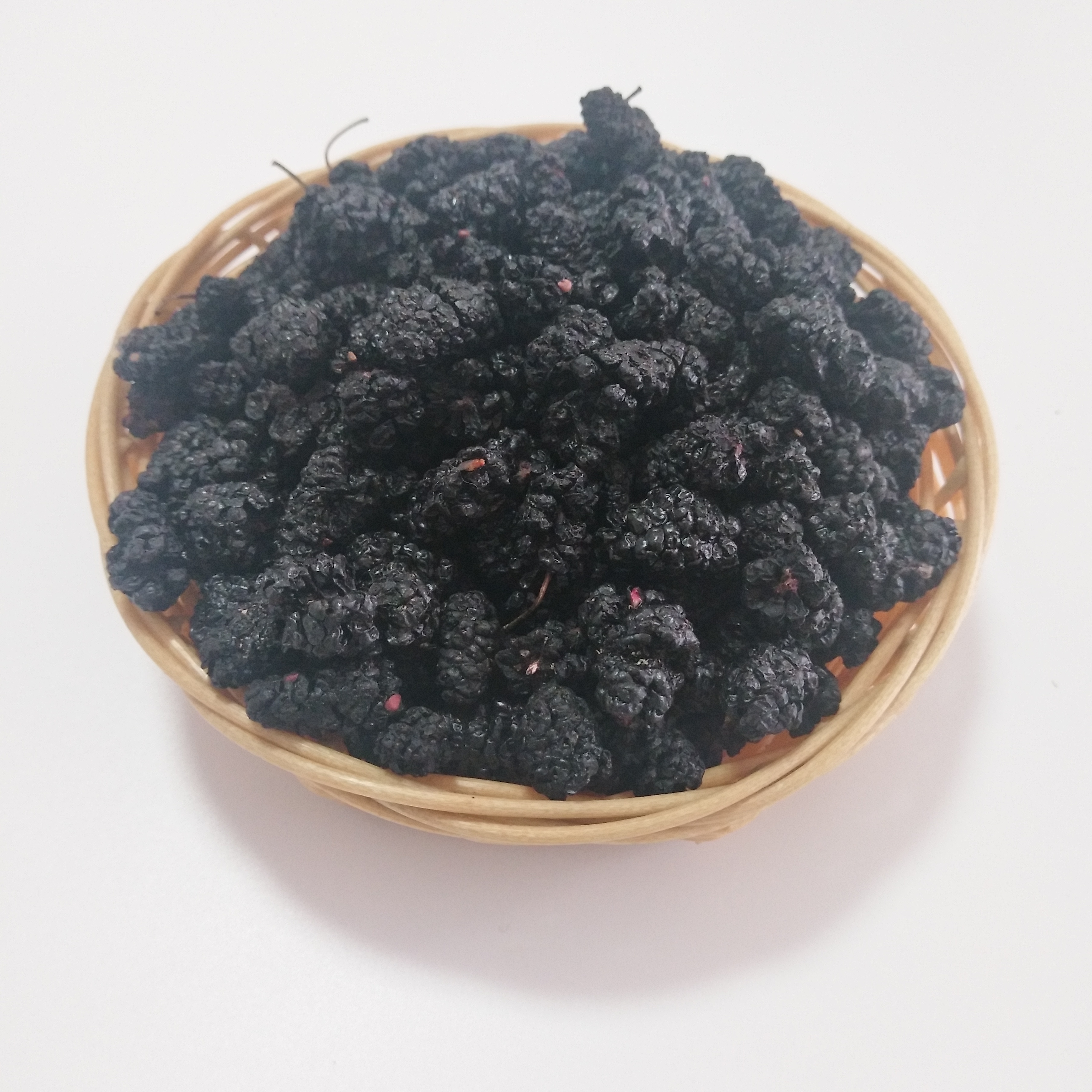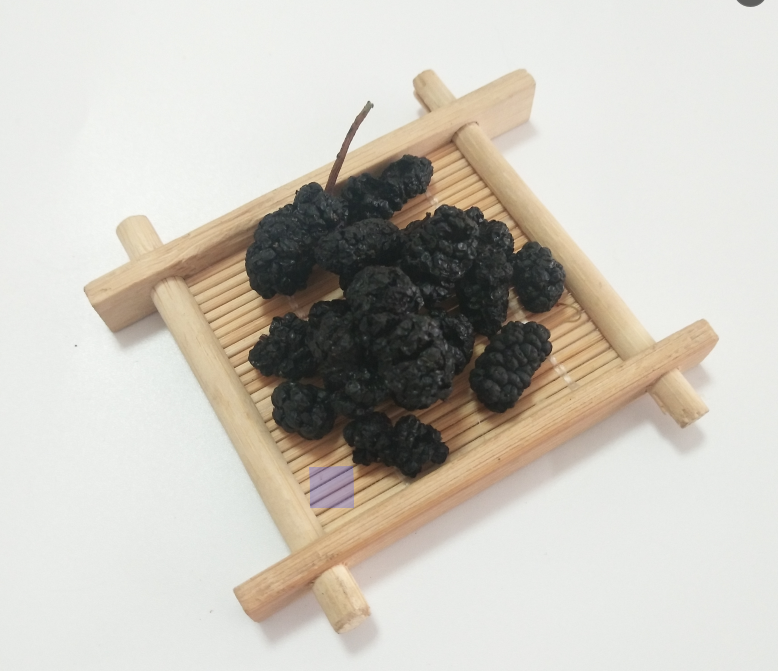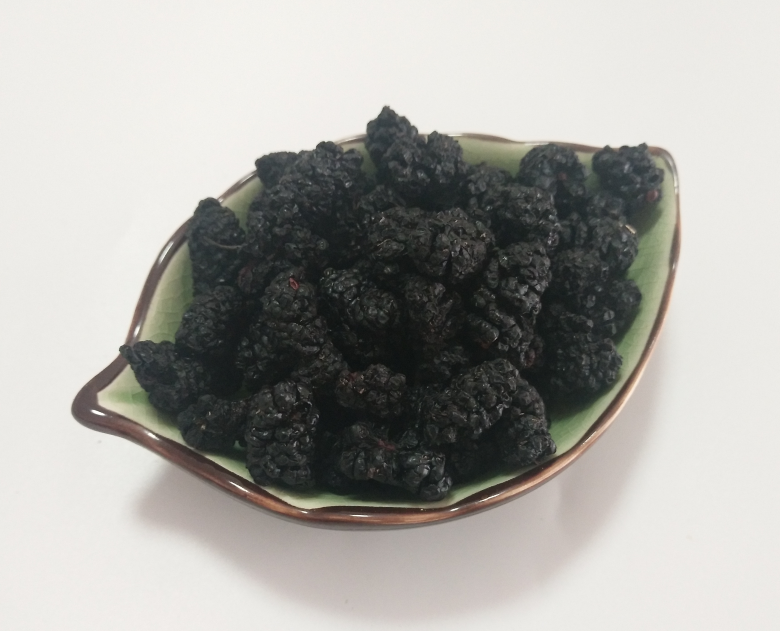
Mulberry(sāng shèn) is the fruit of the mulberry tree (Morus alba), which has been cultivated for thousands of years in China for both its foliage, used to feed silkworms, and its sweet, edible fruits. In traditional Chinese medicine (TCM), mulberry fruit is not only valued as a food but also recognized for its medicinal properties.
In TCM, sāng shèn is believed to nourish the blood, replenish fluids, assist in relieving cough, and benefit the kidneys. It is commonly used to treat conditions such as anemia, dizziness, premature graying of the hair, constipation, dry cough, and diabetes. The fruit is also thought to support the health of the eyes and have a mild laxative effect.
Mulberry fruits are a good source of vitamin C, iron, calcium, and antioxidants. They also contain resveratrol, a compound that has been studied for its potential health benefits, including anti-aging and anti-inflammatory effects. Modern research suggests that mulberry fruits may have potential benefits for managing diabetes, supporting cardiovascular health, and potentially even combating certain types of cancer.
Sāng shèn can be consumed fresh, dried, or in various processed forms such as juices, wines, and extracts. However, it is recommended to consume them in moderation as they can be high in sugar content, especially when dried. People with diabetes should consult their healthcare provider before incorporating significant amounts of mulberries into their diet.








